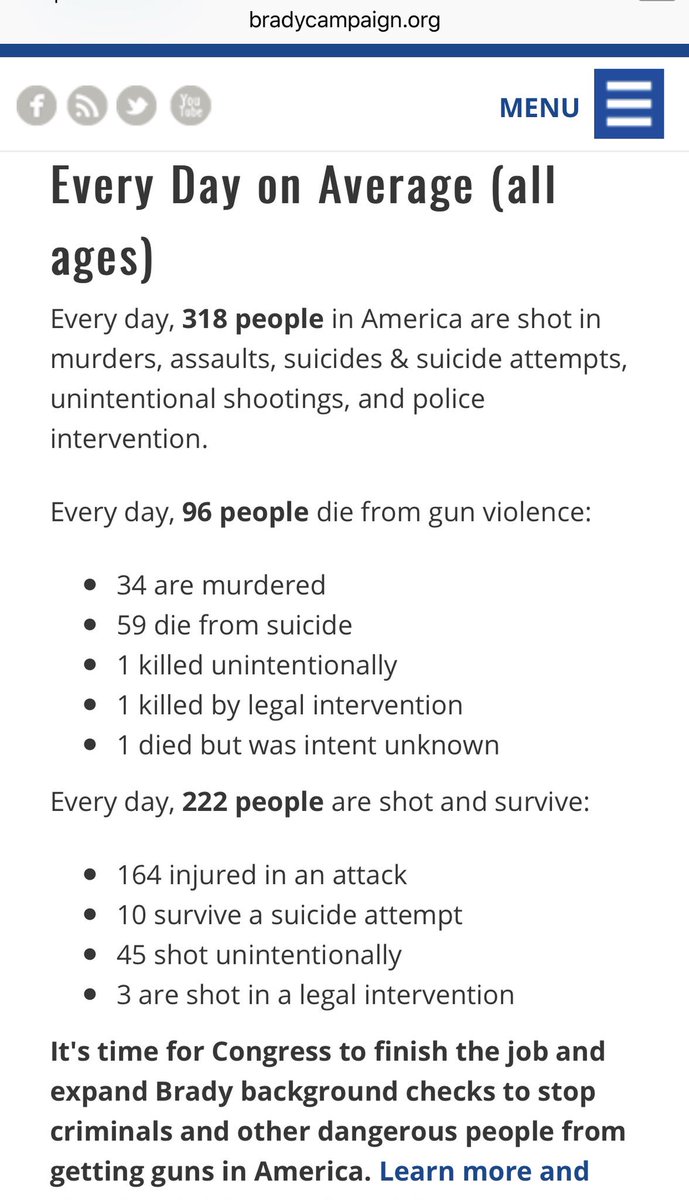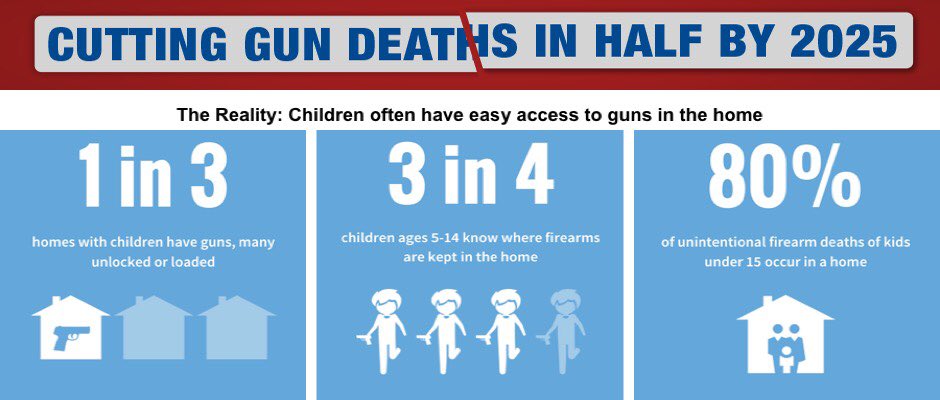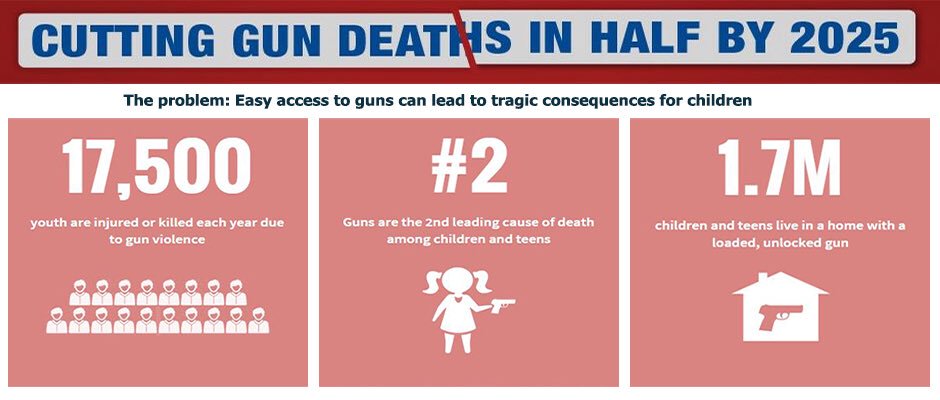That’s how it works.
I’m not judging.
Hear me. I’m saying something very specific and practical.
Here it is:
If you don’t, effectively your interest in that issue doesn’t register.
That’s how it works.
But hear me: the one I didn’t pick each time? No matter how much I thought in my brain “this is important, too” it didn’t register.
My secret intentions didn’t register. Just my vote.
That’s how it works.
When you do that, you’re giving a hypothetical person your vote.
You’re giving your vote to them.
And that’s what will count.
But guess what? I didn’t mention any candidates.
I’m just telling you how the system works.
And it is how it works.
That’s possible! The things you care about might not matter to others enough.
In which case the other person will win without your support.
That’s also how it works.
I’m not impugning anyone’s more motivations.
i’m just telling you very practically how this works.
But speculations are usually wrong.
They aren’t how it works.
Each candidate is going to stand for certain things that you find important, and other things that you find unimportant, and other things that you think are wrong or bad.
You have to choose.
But make it YOUR choice.
The things you don’t, incrementally less likely.
No bonus points exist for picking the winner.
Make your vote your own.
/end
The other issues, practically speaking, no matter how much you care about them, did not. They were not counted.
That really is how this works.
EVERY vote is a strategic vote.
That’s what a vote is.
No judgment on that. But that is how it works.
If you’re at peace with giving your vote to the issues belonging to that construct, then be at peace.
Two quick(ish) additional points I'll make:
If you disagree...well, then we disagree. It's OK.
As such I hope to choose a candidate whose positions most match mine.
Now intangible and speculations are issues, too. It's just that...
I too have made my vote based on intangibles such as (say) character, but the differences in character must be stark before they trump (pun intended) policy;
Generally speaking, I've noticed that people who pay to speculate on such matters are no better than me about this.
After 2016, I just no longer have confidence in speculation or prognostications from myself or others.
The inevitable candidate won't need me. So much for speculation.
Your vote is your own.
So: vote.
/end for real







